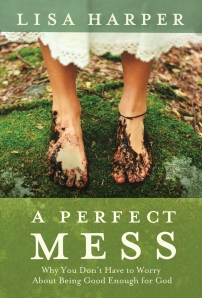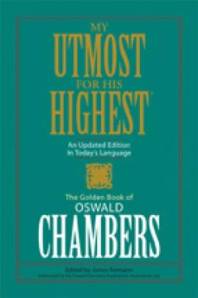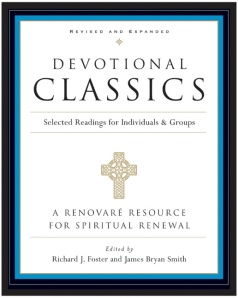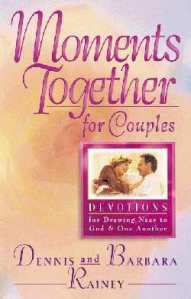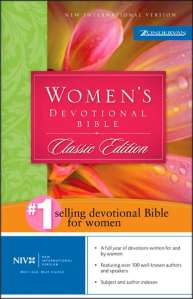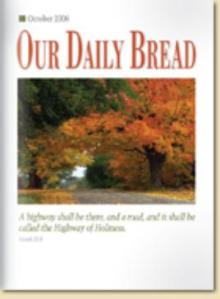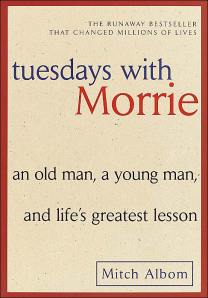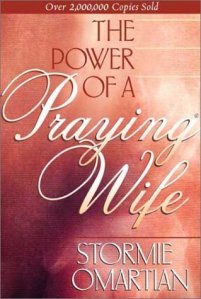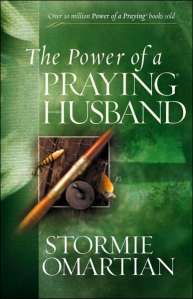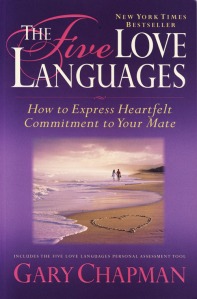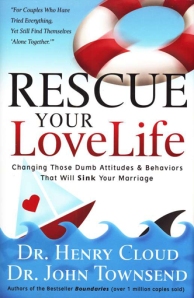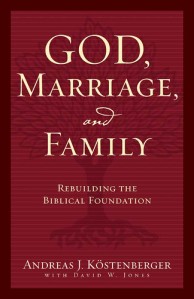Did you know that Jesus talks on the phone?
Lizzy and I were doing our daily quiet time, and she wasn’t being so quiet. I was knee deep in my Bible Study Fellowship assignment for the day, trying to finish it before we needed to head out the door somewhere. So I was a little on edge.
I was sitting on the couch, Bible in lap, pencil furiously taking notes. Lizzy kept hopping on and off the couch, grabbing books and toys, asking for my attention (asking what I was “coloring”), and I’d had enough. Didn’t she know it was time to sit and quietly read her Bible?
She had one of our old cell phones and was yammering loudly on it. I hadn’t bothered to listen to what she was saying, or I wouldn’t have done what follows.
In a loud voice and a tone I normally reserve for keeping her from running into the road, I told her to be quiet and stop talking into the phone.
But then it hit me. She was having her time with Jesus. It just looked a lot different from my time with him.
Here’s her phone conversation:
“Hey Jesus”
*Nodding head*
“How you?”
*Nodding head*
“Lizzy fine”
“Alright”
“Okay”
“Bye bye”
Repeat.
Once I realize what I’d interrupted I encouraged her to go back to calling Jesus on the phone. She half-heartedly repeated it for my benefit and hasn’t done it again since.
Of course, I find this heart breaking. How quick I am to rebuke and judge. And how much power I have to discourage.
I was being a religious snob because I thought my way of spending time with Jesus was the best one, the only one. And I was teaching my daughter that lesson.
I bet her time with Jesus was a lot more fruitful than mine. It sounds like she heard a lot more from him than I did.
I think next time we sit on the couch to read the Bible, we’ll spend some of that time on our cell phones.

 Last Sunday, I got convicted of a bad reading habit.
Last Sunday, I got convicted of a bad reading habit. 